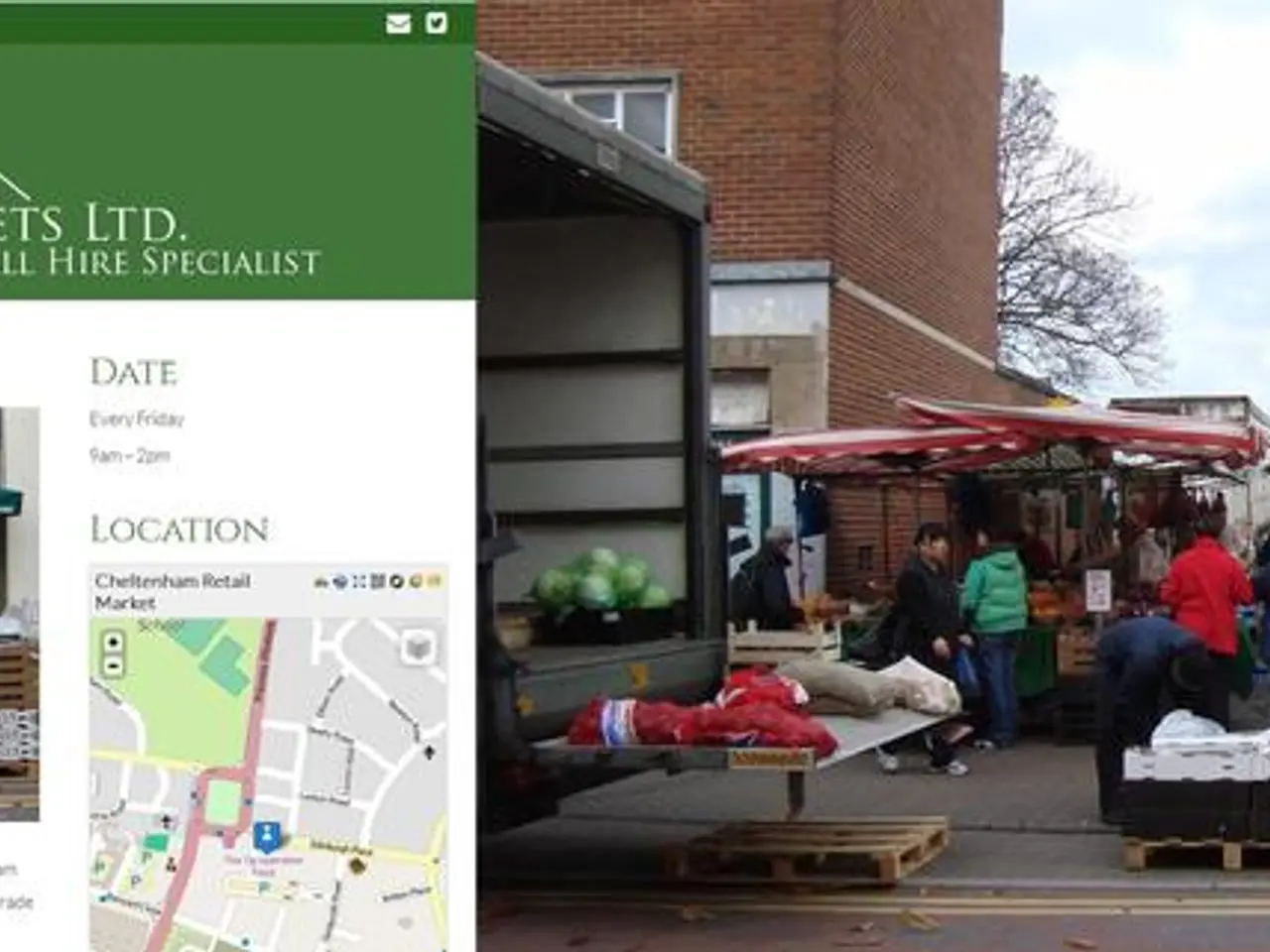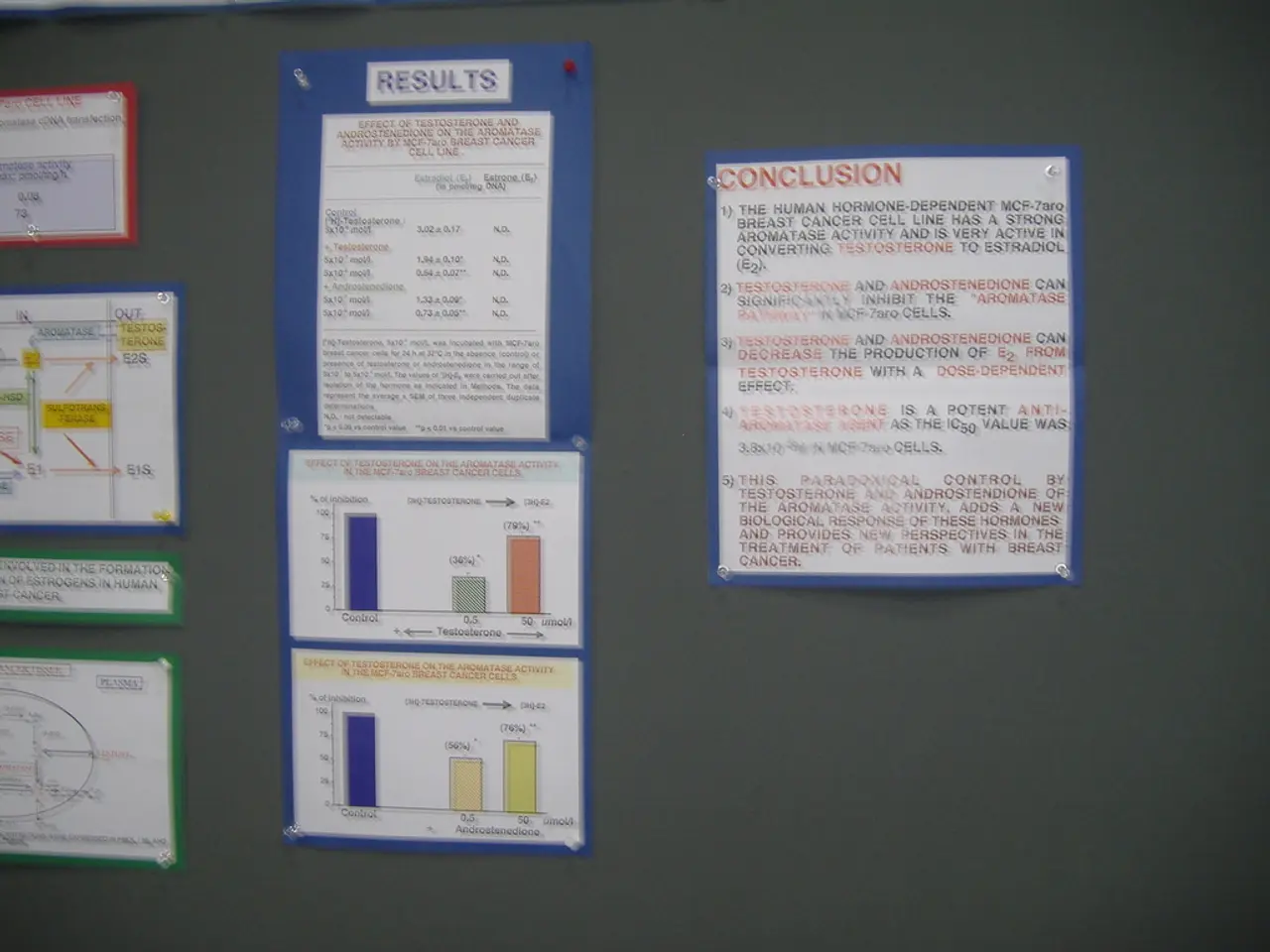Companies constructing homes face tax hits from Labour's policies
Government Policies Straining Construction and Family Businesses Amidst Housing Pledge
New data reveals the construction sector is experiencing a continuous decline in production, potentially undermining the government's commitment to building 1.5 million homes. The issue isn't a lack of enthusiasm within the sector but rather the adverse effects of certain government policies.
Recent changes in National Insurance Contributions (NICs) and Business Property Relief (BPR) are putting pressure on the industry, making planning, investment, and construction increasingly challenging.
Construction Plant-hire companies, primarily family-owned businesses, are crucial to achieving the housing target but are the least prepared to bear the brunt of these policies. The sector's smaller players, especially those in the supply chain, lack the relief cushion larger corporations enjoy.
The latest hike in NICs, rising from 13.8% to 15%, coupled with a lower threshold for employer contributions, has made hiring and retaining staff more expensive at a time when labor shortages are already problematic. These developments threaten not only businesses' financial health but also the delivery timelines for new housing projects.
Moreover, changes to BPR could force many family-owned construction and plant-hire firms to make tough decisions. This tax adjustment might compel them to saddle themselves with debt or consider selling their businesses to cover inheritance tax. Given that a significant portion of these businesses' value lies in assets instead of cash, finding alternatives to cover these liabilities becomes a daunting proposition.
Family-run businesses, vital contributors to the economy, often struggle more when facing delays and cost increases. As a result, they may be among the first to close or sell their operations, leaving a gaping hole in the local construction ecosystem.
The effects of these policy decisions are not confined to company balance sheets; they manifest on the ground as well. Delays in hiring and equipment left idle contribute to decreased productivity, leading to longer waiting times for much-needed housing, schools, and infrastructure projects.
Recent surveys indicate that the ongoing changes to BPR are causing concern within the family-owned business sector. Some companies are even considering selling up due to these adjustments. At a time when long-term investment is crucial, these policies may discourage confidence among small firms involved in housebuilding.
The government must reconsider policies that undermine small firms and hamper housebuilding progress. Though changing one's mind may be seen as a sign of weakness in some political circles, acknowledging mistakes and correcting course is a sign of good leadership in business. The same principle applies to government decision-making. By revising policies that are adversely affecting small firms and housebuilding, the industry will appreciate their responsiveness and willingness to listen.
Steven Mulholland serves as the CEO of the Construction Plant-hire Association (CPA).
Related Factors Impacting the Construction Sector
Government efforts such as revisions to the National Planning Policy Framework, infrastructure investments, and housing delivery focus aim to expedite housebuilding and promote affordability. However, lingering challenges like planning approval delays, rising materials costs, labor shortages, and market dynamics continue to constrain the construction sector's ability to meet its ambitious goals.
- The government's changes in National Insurance Contributions (NICs) and Business Property Relief (BPR) are contributing to financial strains in the construction industry, making it more difficult for family-owned businesses, crucial to housing production, to invest, plan, and carry out construction projects.
- The hike in NICs and the lower threshold for employer contributions, coupled with changes to BPR, are influencing the finance and business sectors, as they are making hiring and retaining staff more expensive, threatening businesses' financial health and delivery timelines for new housing projects.
- The ongoing changes to BPR are causing concern within the family-owned business sector, leading some companies to consider selling their operations, potentially hindering long-term investment in the construction and housebuilding industry, and impacting the overall economy.






